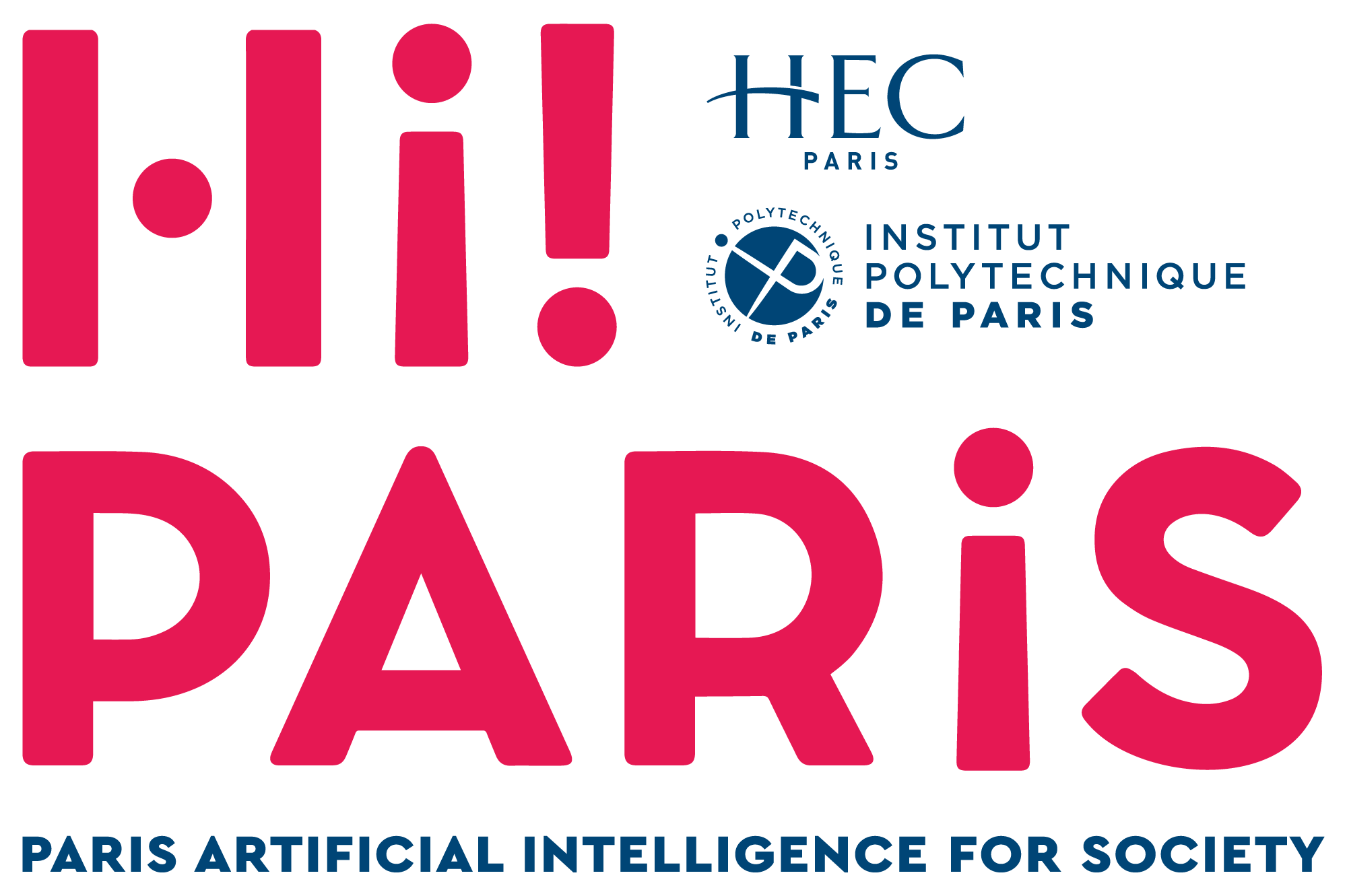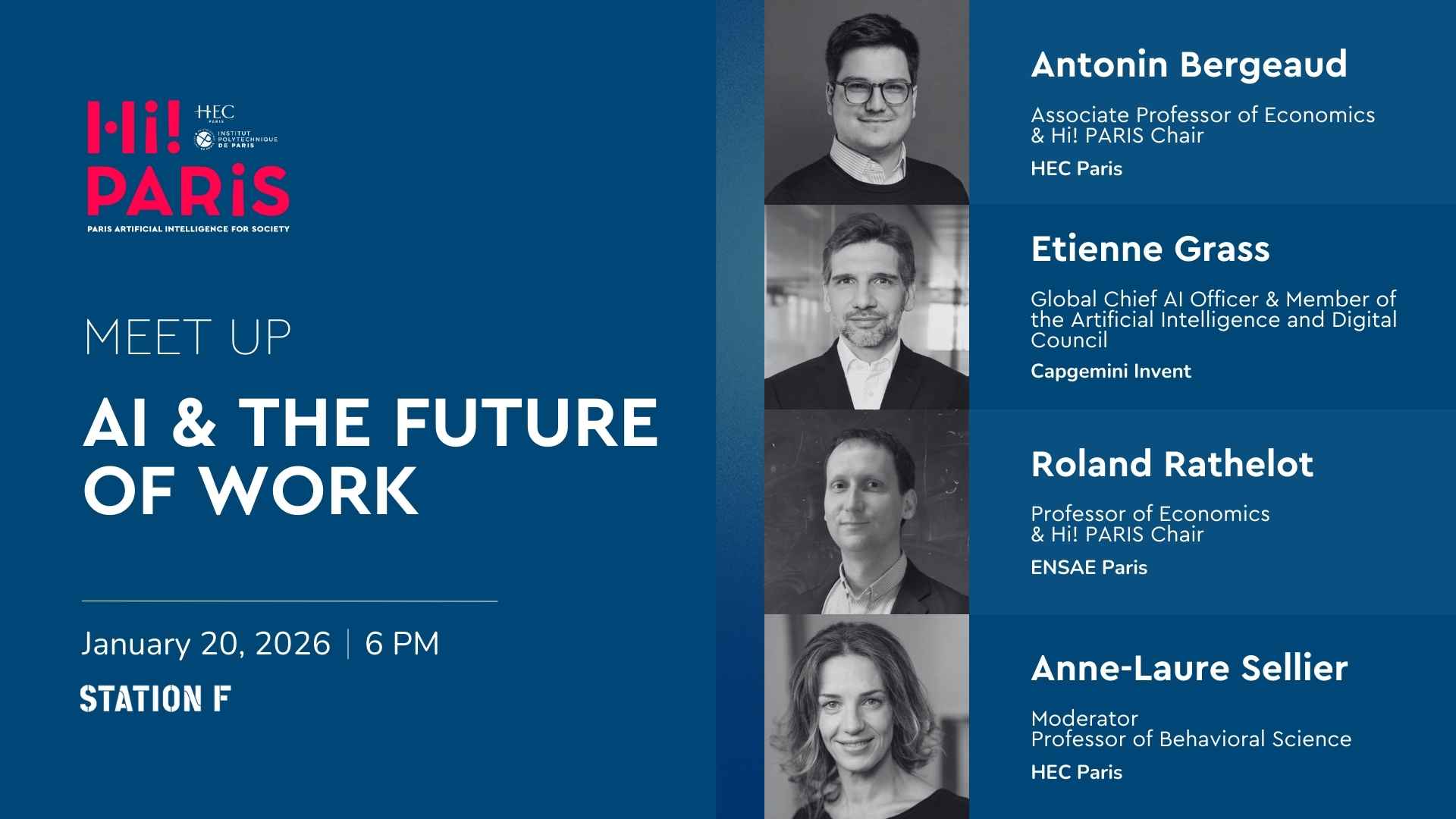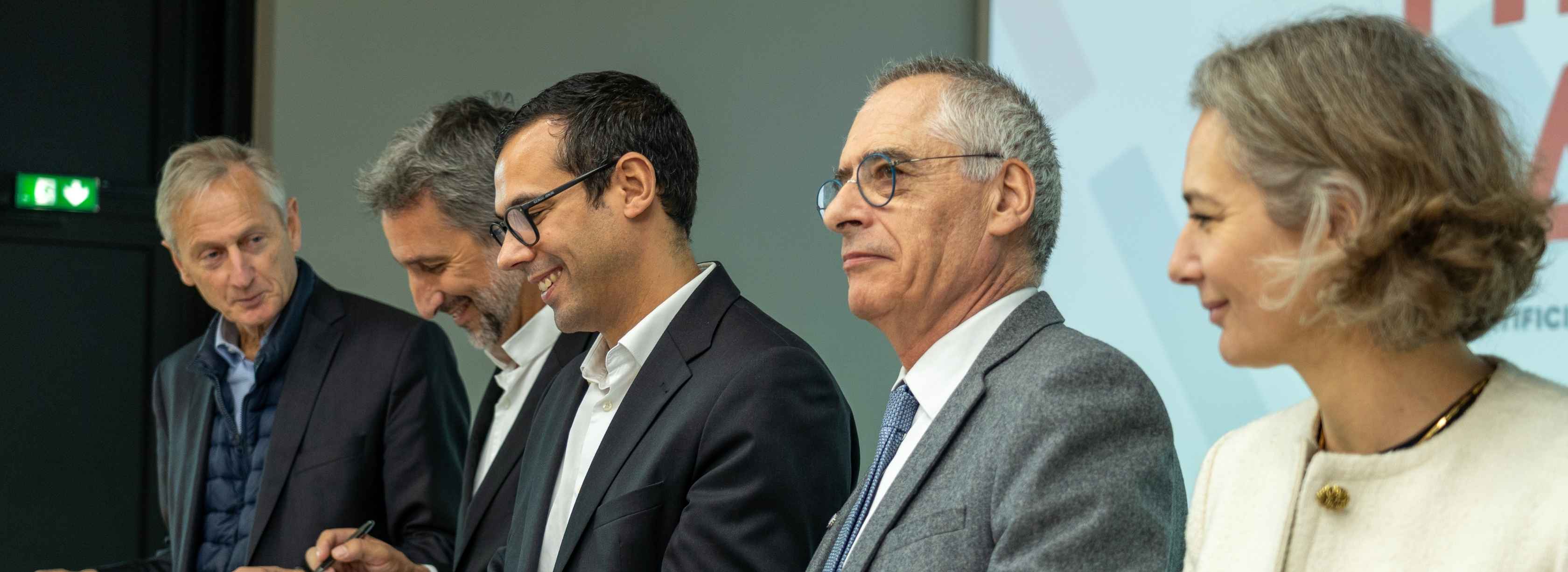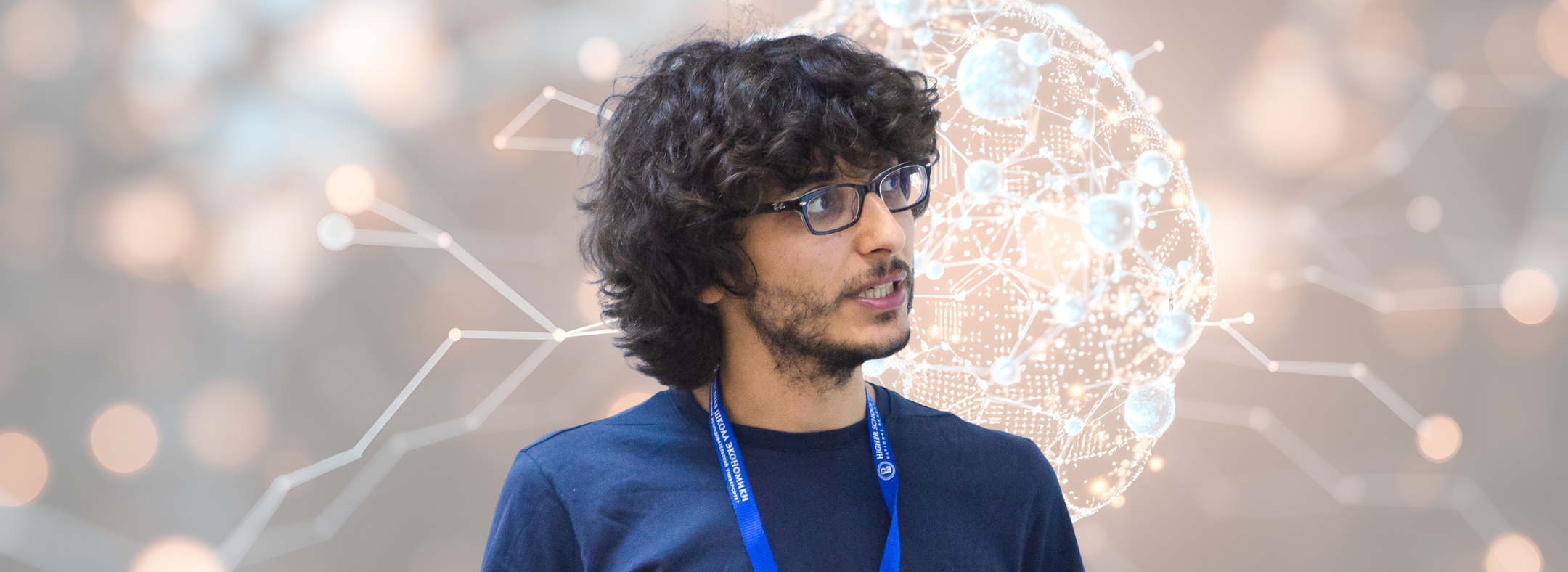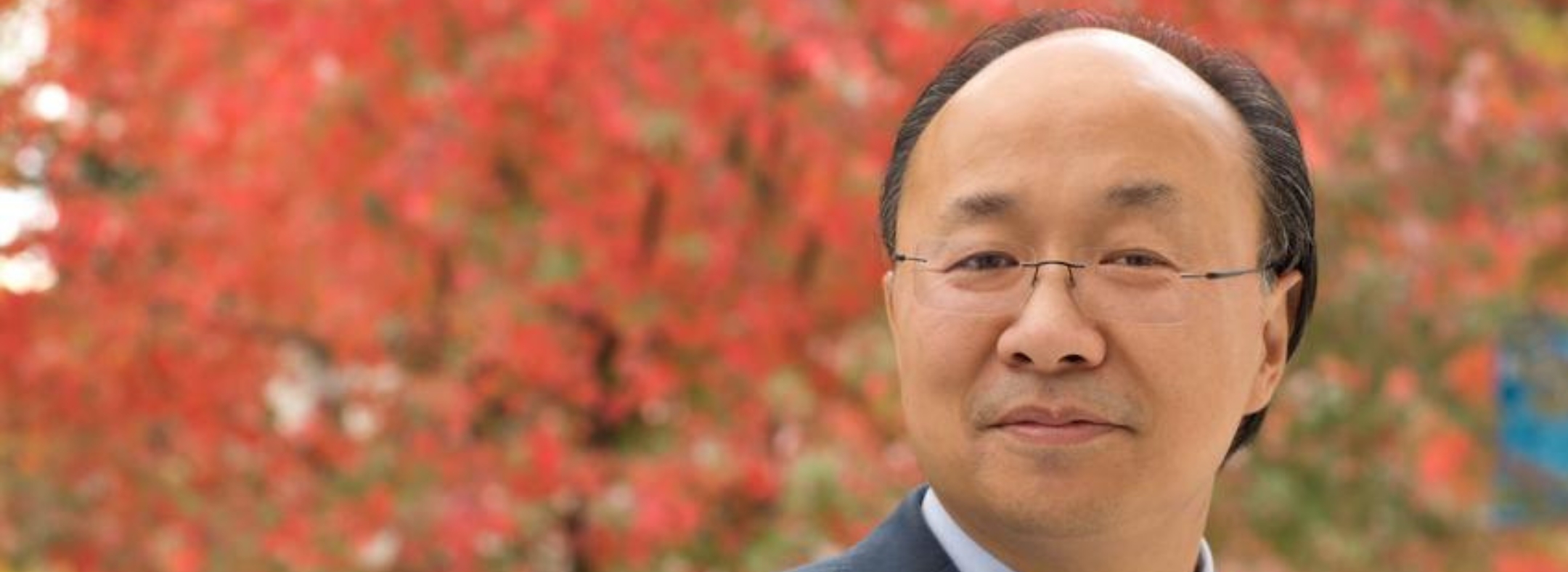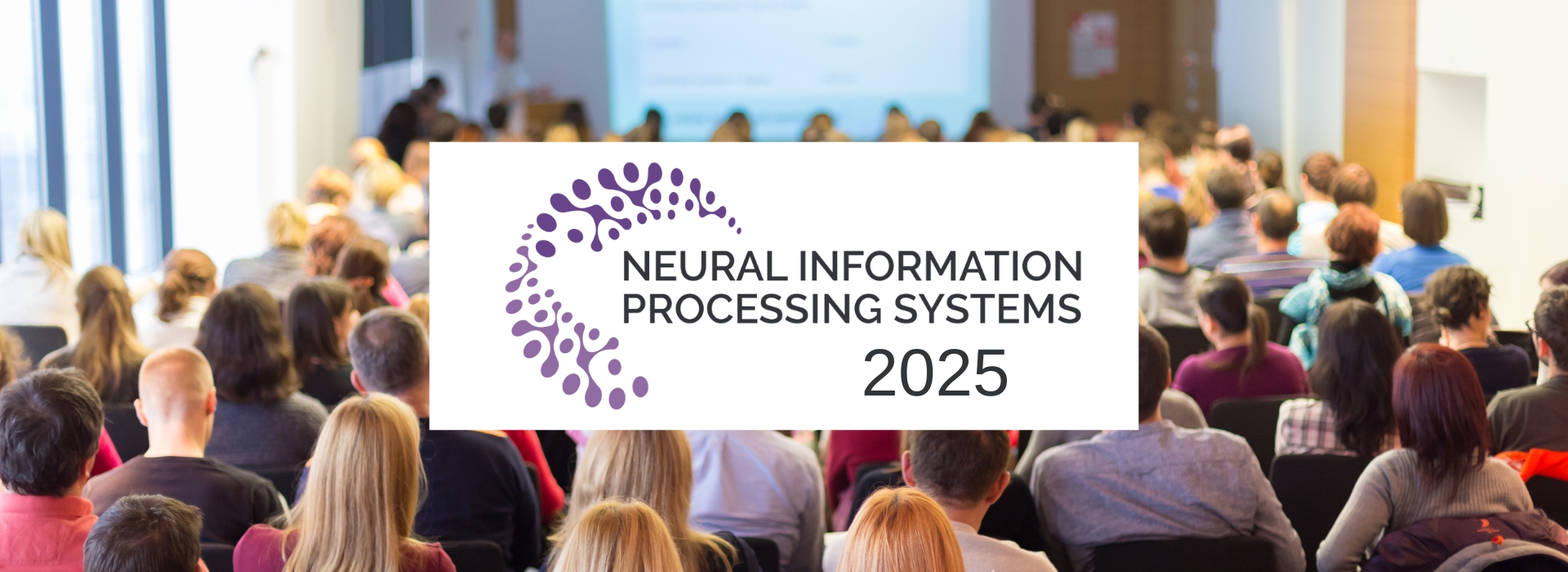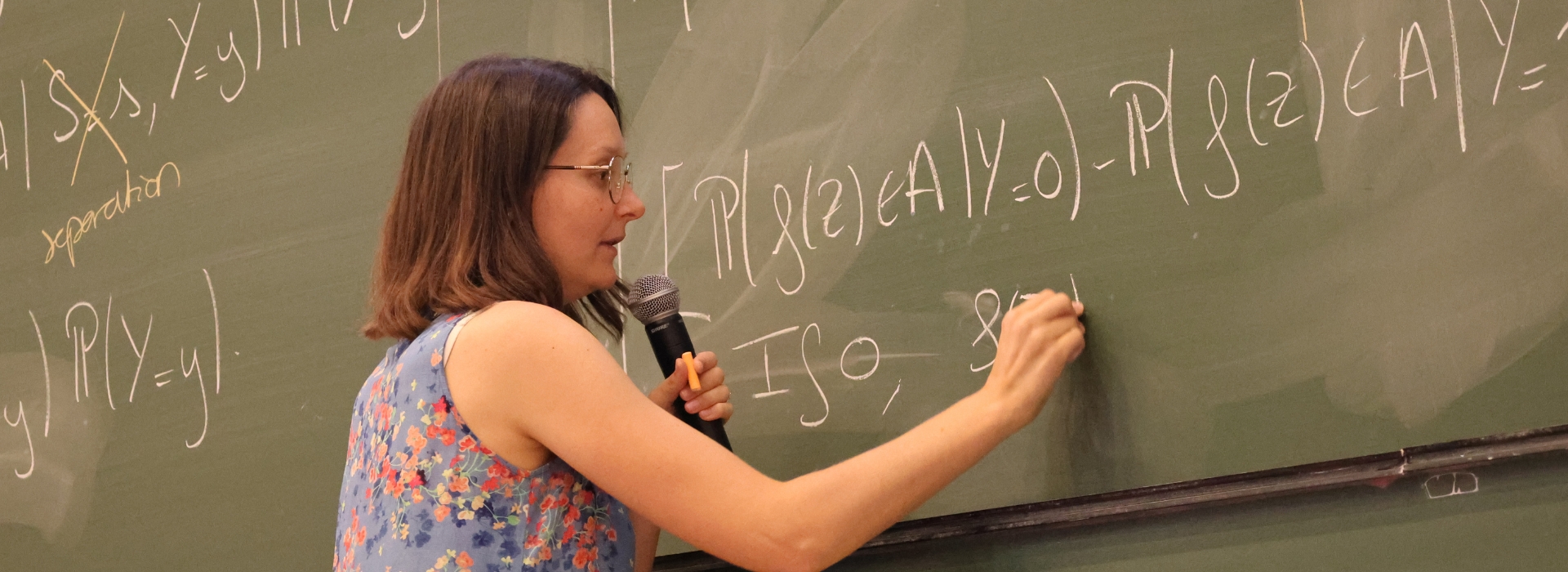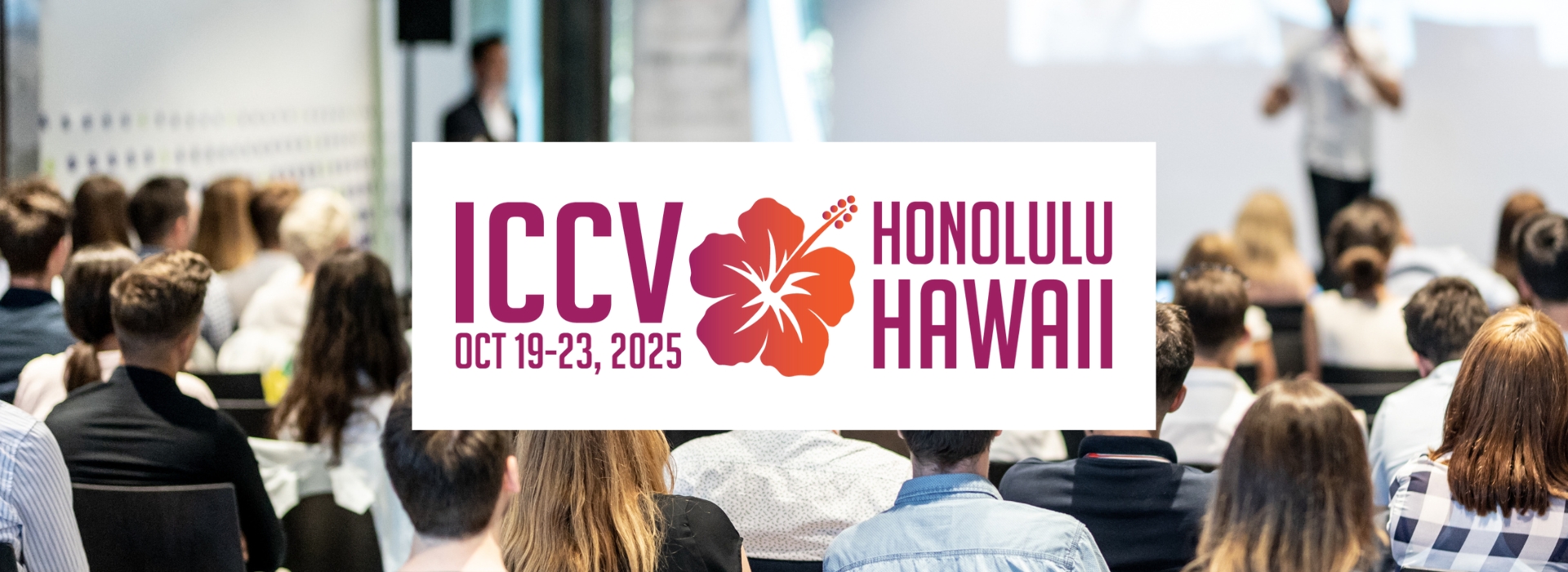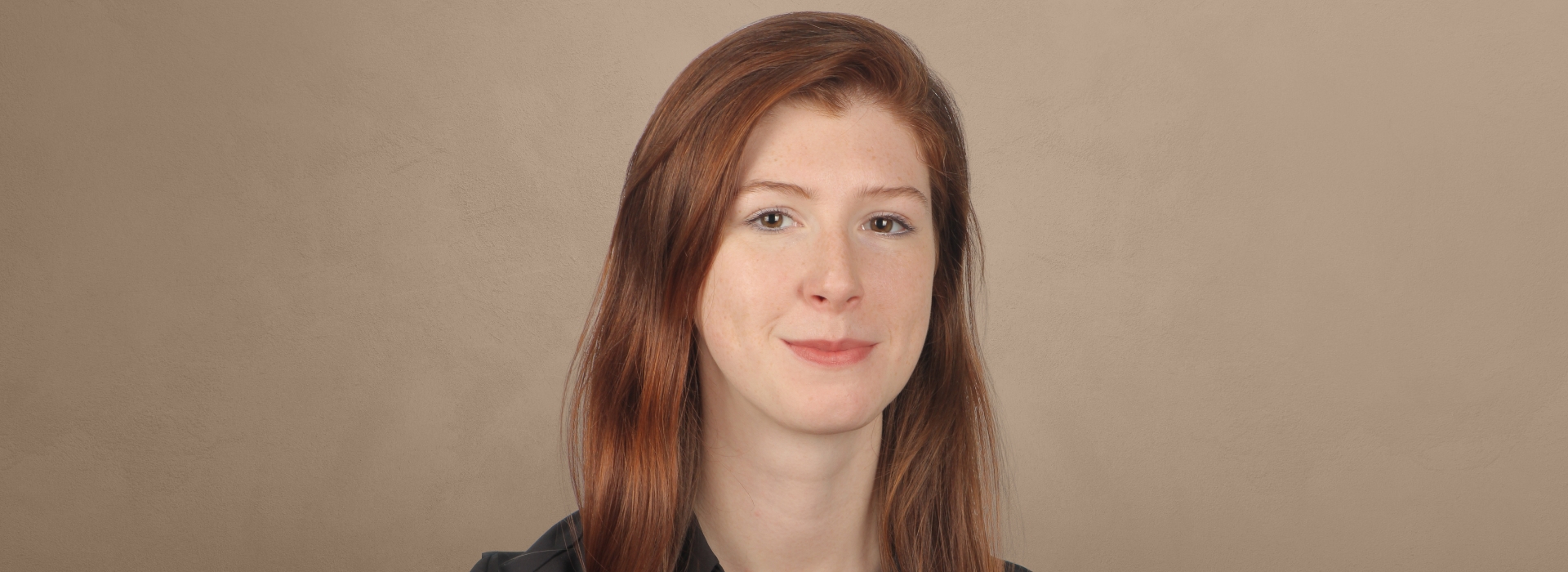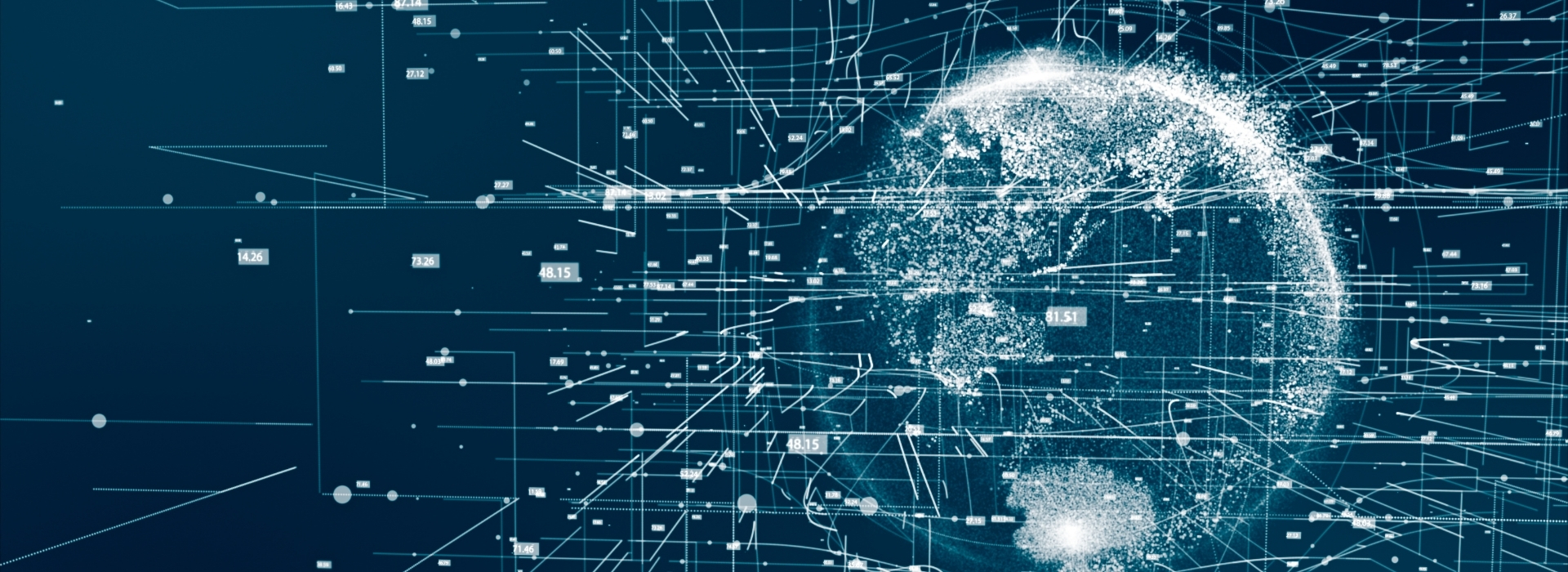As part of the Hi! PARIS Initiatives, this Meet Up on “AI & the Future of Work” will bring researchers, industry leaders, and practitioners together at Station F. The goal: to reflect on how AI is reshaping jobs, skills, and workplace dynamics, and to explore what this transformation means for companies, policymakers, and society.
Schneider Electric has renewed its partnership with Hi! PARIS for three additional years, reinforcing a shared commitment to advance open and responsible AI. This new phase will support cutting-edge research, launch a new chair on AI and energy, and expand opportunities for students and doctoral candidates across the center.
Artificial intelligence has mastered language, vision, and even strategy games, but can it master mathematics? Amaury Hayat’s DESCARTES project explores one of the boldest frontiers in science: teaching machines not just to calculate, but to reason.
While generative AI tools continue to impress, their inner workings remain largely mysterious. Hi! PARIS Fellow Alain Oliviero Durmus is tackling this challenge head-on with his project TODO – Toward Enhanced Generative Models. By applying tools from stochastic optimal control, he’s building a stronger mathematical foundation for diffusion and flow models, aiming to make them more robust, interpretable, and ready for complex real-world applications.
Every measurement, whether in physics, statistics, or machine learning, comes with a cost. From Heisenberg’s uncertainty principle to the limits of data prediction, Professor Xiao-Li Meng reminds us that knowledge itself is bounded by trade-offs. Precision and uncertainty are not opposites, they are partners in the same dance. In science, as in life, there is no free lunch.
This year, 36 papers from Hi! PARIS affiliated researchers have been accepted at NeurIPS 2025, one of the world’s most prestigious conferences in artificial intelligence and machine learning., highlighting the strength and breadth of our research across partner institutions.
A strong showing that reflects our continued commitment to advancing the frontiers of AI for science, business, and society.
At this year’s Hi! PARIS Summer School, Solenne Gaucher (École polytechnique) shed light on the growing challenge of fairness in AI. As algorithms trained on biased data shape decisions at scale, she reminded us that fairness is neither only a mathematical problem nor only an ethical one. Instead, it sits at the intersection of both, and demands attention from scientists, policymakers, and society alike.
From October 19 to 25, Hi! PARIS researchers will be in Honolulu, Hawaii, for the International Conference on Computer Vision (ICCV 2025), one of the most important gatherings worldwide in the field. 10 papers from Hi! PARIS affiliated teams have been accepted this year, a recognition of the quality of our work across partner institutions.
We are proud to announce that Anna Korba, Assistant Professor in Statistics at CREST-GENES, Professor at ENSAE Paris, and Hi! PARIS Affiliate, has been awarded a European Research Council (ERC) Starting Grant for her project OptInfinite.
Optimal Transport for Machine Learning is in the spotlight of the Hi! PARIS Reading groups in October-December 2025, a scientific networking action gathering affiliates and corporate donors around important topics of the moment!
